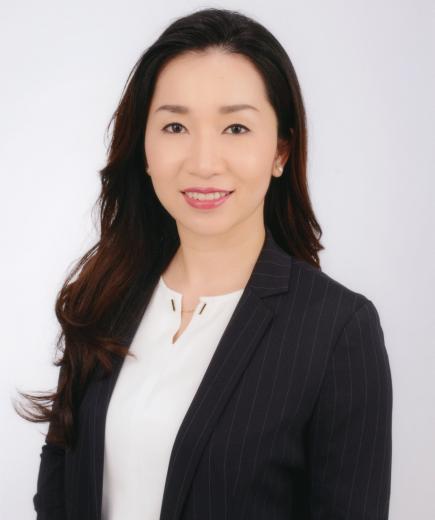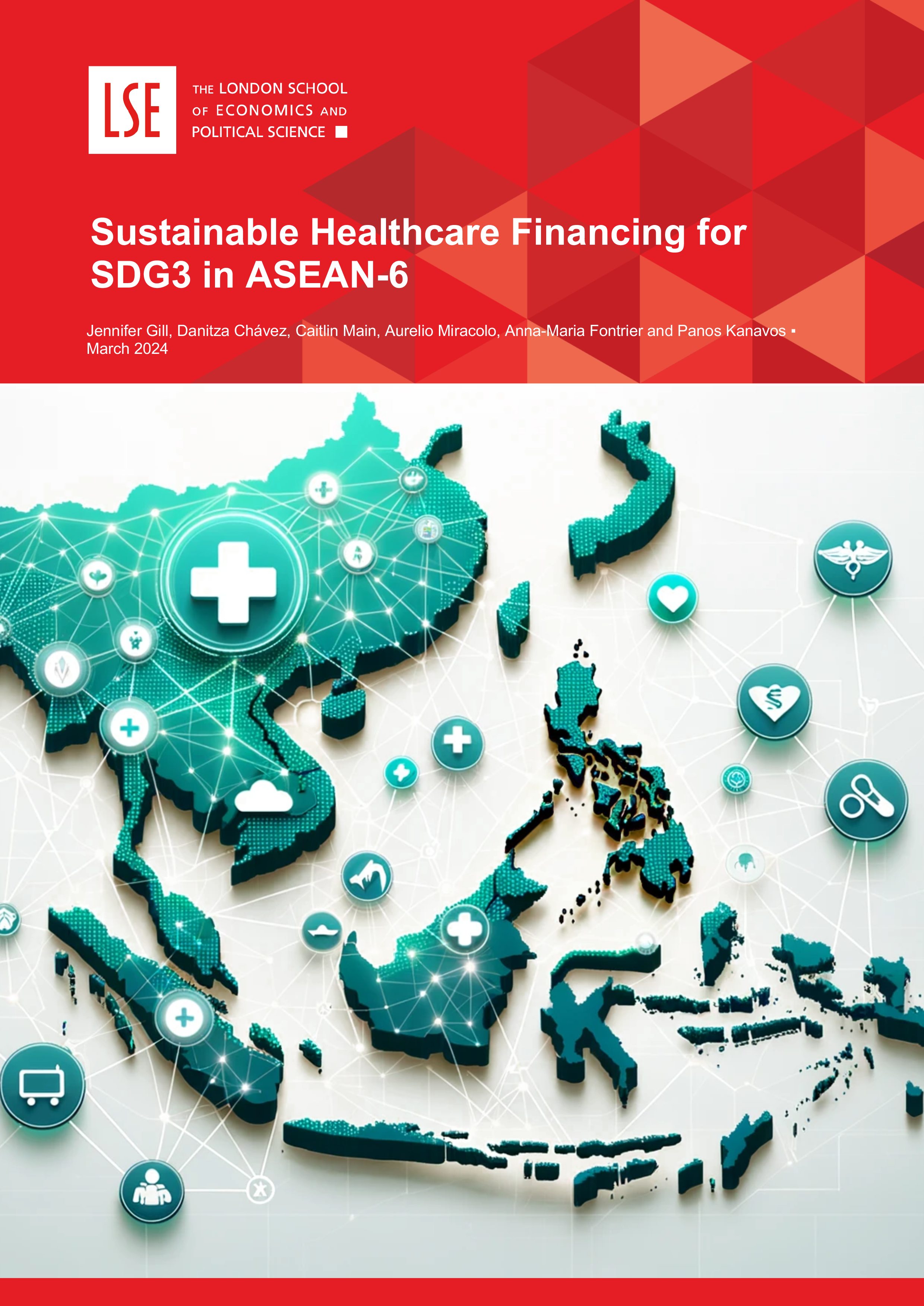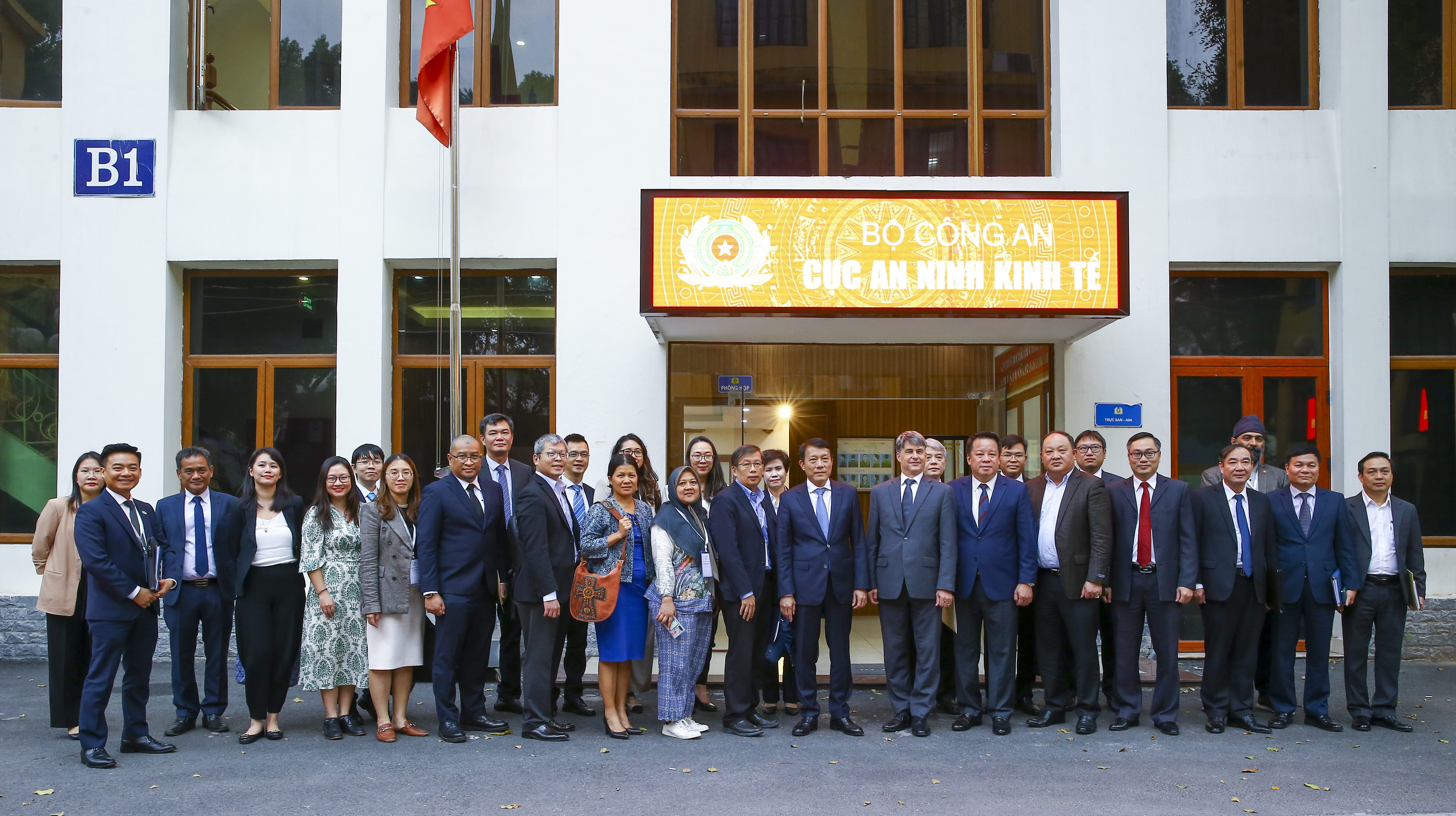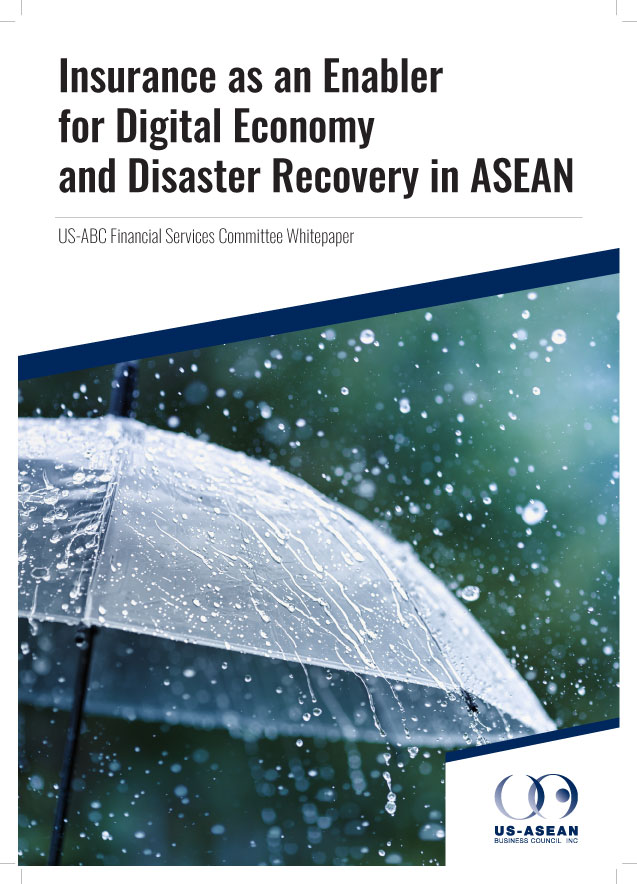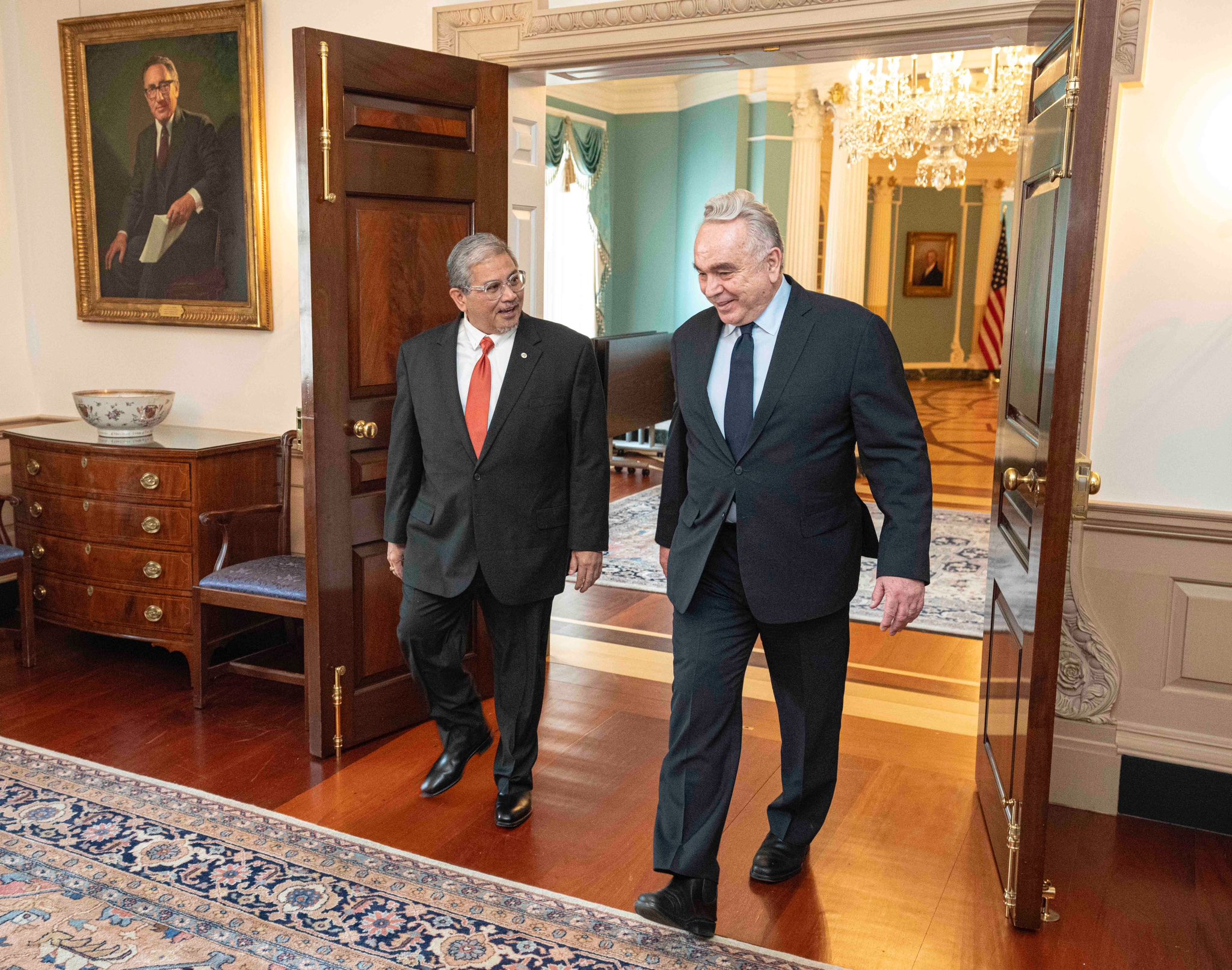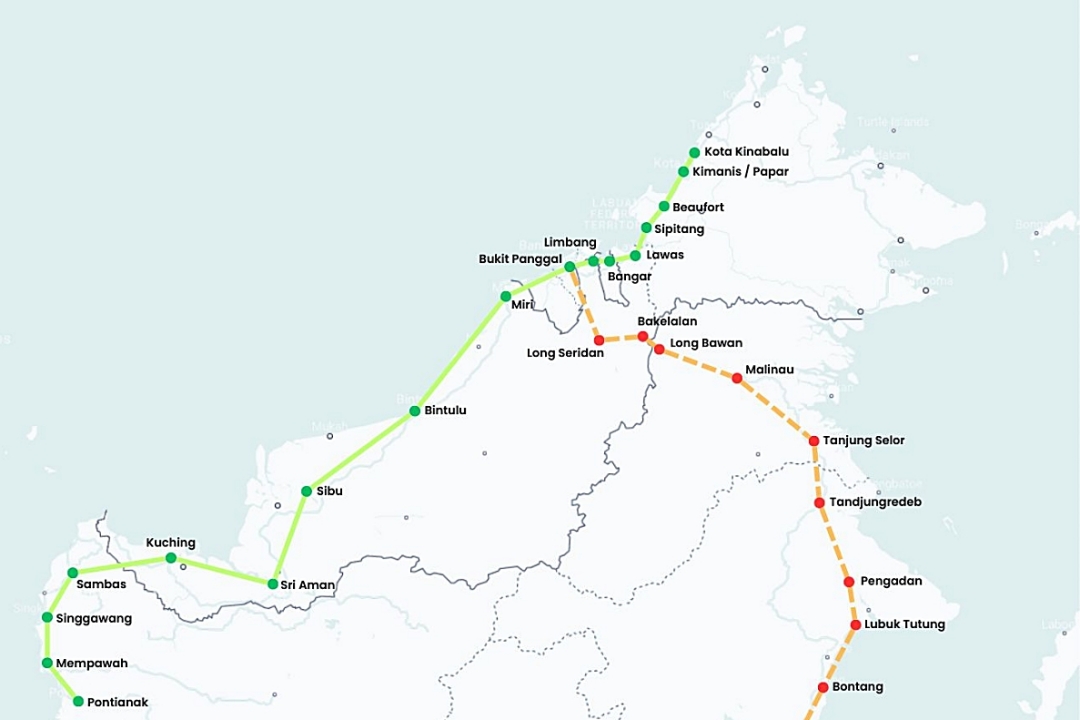Business as usual with the resignation of Vietnam's President
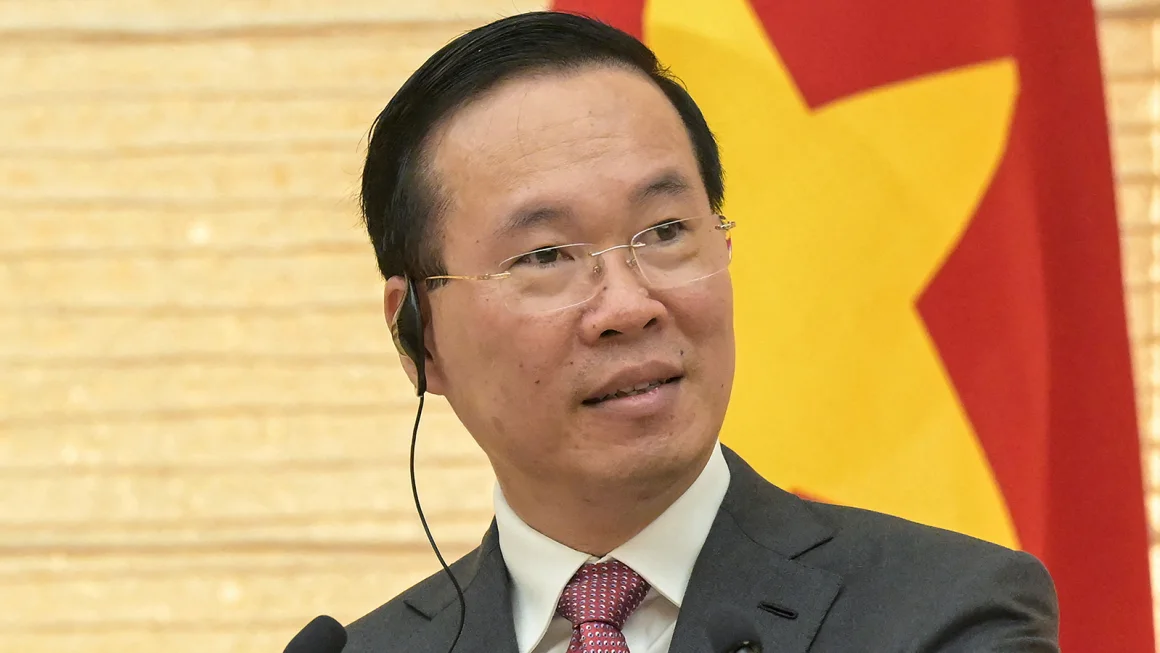
In a brief ad hoc session on March 21, Vietnam’s National Assembly voted unanimously to accept President Vo Van Thuong’s resignation and appoint Vice President Vo Thi Anh Xuan as Acting President. This is the second president to turn in his resignation within a little more than a year.
While this may raise some concerns about political uncertainty in Vietnam, especially among investors in the country’s key trading partners, Vietnam’s top leadership was quick to assure the business community that they are determined to forge ahead with their ambitious reforms. In the same week that witnessed the dismissal of the President and the cancellation of visits by the King of the Netherlands and the President of World Bank, Prime Minister Pham Minh Chinh, National Assembly President Vuong Dinh Hue and key ministers spent significant time engaging with the foreign business community in high-profile annual events such as the Vietnam Business Forum (VBF) and the US-ASEAN Business Council’s 2024 Vietnam Business Mission (VBM). Substantive discussions with Vietnam’s legislature and government yielded solutions or roadmaps to solutions to many of the issues raised by the companies, some of which reported expansion plans worth hundreds of millions of dollars in the country. In fact, even as rumors were brewing about the president’s departure and speculations regarding an ensuing period of uncertainty, the Council was still able to bring 50 companies to Hanoi in the largest VBM delegation ever.
Our companies’ discussions with the government and key stakeholders in the private sector in Vietnam indicated that it will be pretty much business as usual in the coming time. This is hardly a surprise here as the president has no meaningful role in the country’s economic decision making. In his State role, the president only has ceremonial functions. In his role within the Communist Party of Vietnam (CPV), the president is responsible for making sure the prosecution service and court system properly execute the Party’s resolutions regarding judicial reforms. The president’s limited impact on the economy has been well proven for the past more than 14 months since the dismissal of President Nguyen Xuan Phuc in January 2023, during which time the National Assembly and the Government were able to push through an ambitious legislative agenda, including key legislation on land ownership, healthcare, telecommunications, and energy, which are expected to help spur further growth. These new laws and regulations incorporated many recommendations from the industry. Year 2023 also saw Vietnam’s resounding successes in upgrading relations with key trading partners, including a double upgrade of bilateral relations with the United States to Comprehensive Strategic Partnership (CSP) during President Biden’s visit to Hanoi in September.
Top economic leadership secured and empowered
While the CPV seems to be juggling about who will be the next president, their trust in the Prime Minister and National Assembly President seems to be unwavering. During the CPV Central Executive Committee’s 8th Plenum last October, General Secretary Nguyen Phu Trong, the most influential man in the country and most powerful General Secretary in the CPV’s history, openly praised Prime Minister Chinh for the latter’s performance in running the economy. Similarly, National Assembly President Vuong Dinh Hue was also given strong support to push through key legislations to help business.
Unlike the dismissal of President Phuc last year, which was part of an anti-corruption campaign that brought down two deputy prime ministers and several ministers and vice ministers, Thuong’s departure this time does not involve any official in the government or various ministries. The exact reason for his departure was not published as the CPV announced the results of a review of his conduct ahead of the National Assembly vote, but many insiders say it was minor violations and that he did not put up a fight to keep his job.
What's next?
As the CPV is preparing for the 14th Congress in January 2026, where it aims to report stellar economic performance, among other things, both the government and legislature feel increasing pressure to generate further growth in the remaining two years of the current term. As such, the makeup of the current government is expected to remain stable.
The next president will be appointed by the National Assembly during its regular session in May. Possible candidates include Standing Secretary of the Secretariat of the CPV Central Executive Committee Truong Thi Mai, Minister of Public Security To Lam, and Ho Chi Minh city Party Secretary Nguyen Van Nen, among others. However, the Prime Minister and National Assembly President are not among them. CPV insiders mention that there is very little interest in the position among the candidates, and they would not be surprised if Madam Xuan is made Acting President throughout the term.


